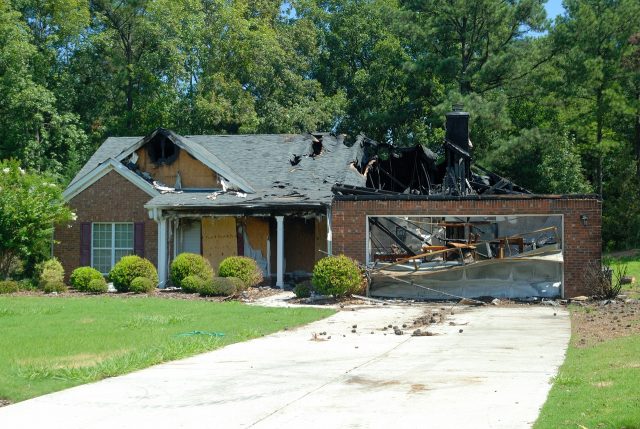Home insurance is designed to offer a safeguard to homeowners, providing them with financial protection when their property or its contents incur damage. Essential parts of your home, such as the roofing, siding, windows, doors, decks, and more, can deteriorate or get damaged due to exposure to harsh weather conditions or cause harm from other sources such as vandalism, theft, or fire incidents. When unfortunate situations like these occur, homeowners need to have a comprehensive understanding of how to manage a home insurance claim. Having the necessary knowledge can help expedite the claims process, enabling them to receive their settlement more efficiently. This guide aims to outline the crucial steps to follow during such scenarios.
Step 1: Understand your Policy
Understanding the contents of your policy is vital before you make a claim. Examine what the policy covers and excludes, as this gives you an insight into whether the damages to your roof, siding, windows, doors, deck, or other parts of your house qualify for a claim. Always make sure to keep up to date with any changes to your policy and make amendments if necessary to cover all potential areas of damage. Ideally, you’ll know what your policy covers ahead of filing a claim in a moment of stress.
Step 2: Document the Damage
When disaster strikes and damage occurs, documenting everything should be one of your first actions. Take detailed photographs or video footage of all the affected areas, being sure to cover different angles. Write down detailed descriptions of the damage, when it occurred, and how, if possible. Having extensive proof will strengthen your claim and can speed up the claim process.

Step 3: Notify your Insurer
Inform your insurer as soon as possible about the damage. They will then provide a claim form that you’ll need to fill out. Be as accurate and thorough as possible when providing information on the claim form. This should be done promptly as insurance policies may limit the timeframe in which you can claim an incident.

Step 4: Prepare for the Insurance Adjuster
Your insurance company will typically send an adjuster to your home to assess the damage. The adjuster will determine the cost of repairs or replacements needed. To prepare for the adjuster, have a list of damages, copies of receipts for belongings that might have been damaged, and any photographs or videos of the property taken immediately after the incident.
Step 5: Get Repair Estimates
It would be best to have an idea of how much the repairs or replacements will cost by obtaining several estimates from professional contractors. Having these in hand will provide you with a strong footing when negotiating with the insurance adjuster.

Step 6: Keep Records
Keep records of all correspondence with your insurance company and the repair contractors. Note dates, times, and summaries of conversations, and always ask for copies of documents. Keep receipts of all additional living expenses incurred if you had to temporarily relocate due to the damage to your home.

Step 7: Be Patient but Persistent
The claim process can sometimes be lengthy, requiring back and forth communication with the insurance company and contractor(s). Be patient but ensure to follow up consistently to make sure your claim is moving forward.
Step 8: Consult a Professional If Necessary
If your claim is denied, the compensation offer is too low, or the claim process becomes overwhelming, you may need to consult a private insurance adjuster. These professionals understand the ins and outs of home insurance claims and can represent your best interests. It is your right to look outside of your insurance appointed adjuster.
Seaberg Construction has had a great working relationship with CleanWorks Restoration located in Lincoln, Rhode Island. They act as a liaison between you and your insurance company. They speak the insurance language to get you what is rightfully yours. To learn more about CleanWorks Restoration, click here.
Home insurance claims, particularly those involving structural elements like roofing, siding, decks, windows, and doors can be daunting. However, knowing how to navigate through the claim process and understanding your rights as a policyholder can make this challenging task much more manageable. The key to handling home insurance claims is preparation – understand your policy, document the damage accurately, report promptly, maintain good records, and never be afraid to seek professional help when necessary. Remember, your insurer is there to protect you and help you return your home to its pre-damaged condition.
Read Seaberg Construction’s Google reviews left by homeowners like yourself: https://tinyurl.com/kkxwhx8k
Follow us on Facebook: www.facebook.com/seabergconstruction and Instagram: www.instagram.com/seabergconstruction to stay up-to-date with our current projects and news.
To obtain your complimentary estimate from Seaberg Construction, please complete the form available on our website: https://seabergconstruction.com/about-us-roofing-company/contact-us/
And, don’t forget to read our other blog posts for more home improvement tips and ideas: http://seabergconstruction.com/home-owners-information-center/

